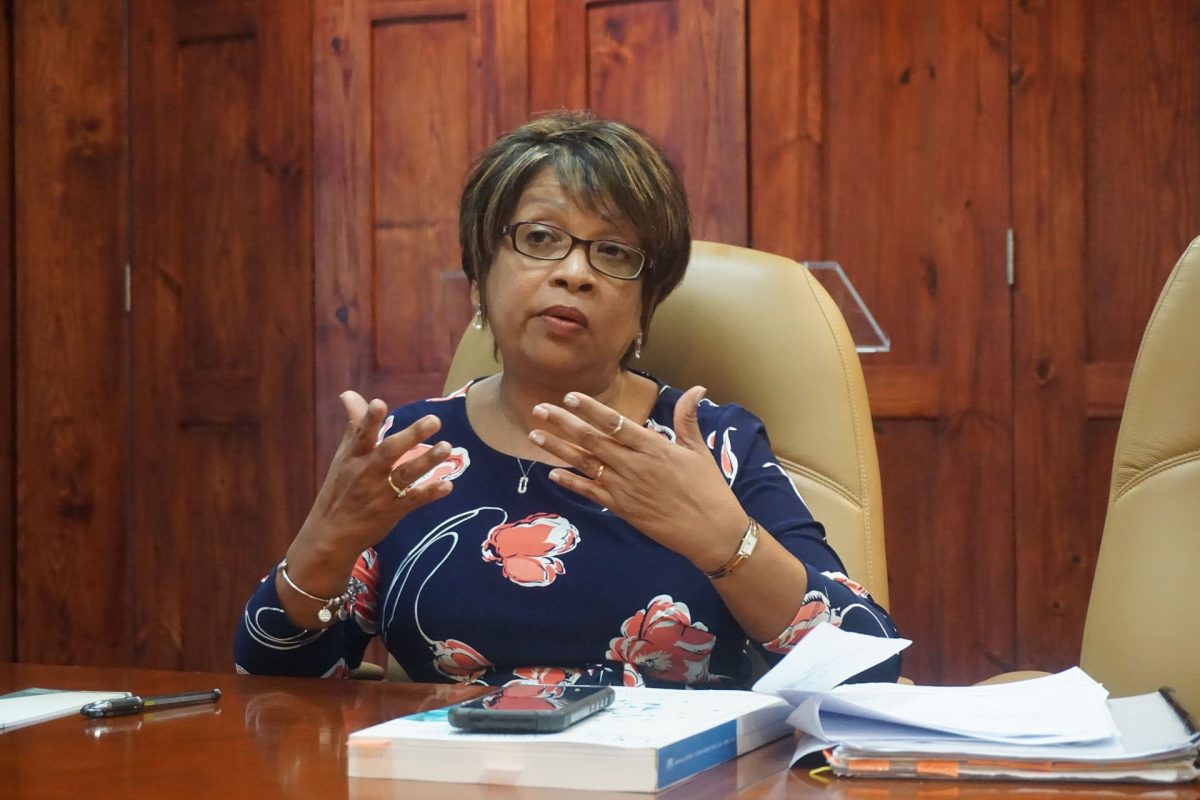(Trinidad Guardian) Procurement Regulator Beverly Khan says whistleblowers are coming forward and her office has received over 60 reports linked to bribery, corruption and bid-rigging in its first year of operation.
Khan made the comment in an exclusive interview with Guardian Media at her Port-of-Spain office yesterday.
“We received complaints, we have received just over 60. We go through a process of screening and assessing what is told to us to move forward. You don’t want the platform to be used as a tool for victimising people,” Khan said.
“Right now we have seven active cases, we have closed 53 of them. We have eight matters that we are investigating that are awaiting information.”
She said while only a fraction of complaints made via the whistleblowing platform are now being investigated, she remained concerned about the country’s procurement practices.
Khan described some of the complaints raised by the redress mechanisms as shocking.
“Reports of corruption, reports of bid rigging come through, reports of taking bribes, persons taking bribes from contractors and suppliers. If you keep getting reports on a particular entity or person, that may cause the OPR to stop and say we need to take a closer look at this,” Khan revealed.
“I became surprised when I learnt of the allegations. Irregu-larities in procurement proceedings is another one that comes up often. Those we are able to assess and see if there are breaches of the act and then we have the option to audit or go to an investigation. We have taken the route of going to investigations but very soon we will be embarking on the audit programme as well.”
Khan said as public confidence in the OPR develops, she expects more to come forward.
“In the case of government ministries, what you see a lot of is, because the level of understanding is not where it should be and knowledge of the act, I think it is more the supporting agencies. Among all public bodies, what you have is a situation where we have assessed the public bodies, which ones deal with high-risk, high-value procurements, because that is where we need to focus our efforts in terms of scrutinising what they do, right now, we just trying to get people to report and report accurately.”
Khan also flagged government ministries, two of which had failed to provide a history of their contract reporting over the last year. The Ministry of National Security was among the offenders.
“It is concerning, the issue of transparency and accountability, those are objects of the act. The act requires that we present the data so the public can scrutinise how public monies have been spent. It is not for the OPR’s benefit, it is for the Parliament and the public by extension, that is what is concerning.”
However, Khan said she was optimistic of a shift from an over reliance on non-competitive procurement practices, or what is also known as sole source procurement, whereby only one supplier provides a commodity or service.
“We are unlearning the old, I think it will change. A lot of people tell me what the act has in it and the regulations, it is too onerous. I want to say it should never be too onerous to do the right thing.”
The Public Procurement and Disposal of Property Act was fully proclaimed on April 26, 2023. It caused the repeal of the Central Tenders Board Act, which had led to a plethora of issues such as accountability and transparency; long end-to-end timelines, and an extremely complex public procurement process within the government and public bodies.
The current act is aimed at reforming the procurement laws of T&T, in keeping with the principles of good governance, such as accountability, transparency, integrity and value for money.
On Monday, the report on the performance of the independent body under the act was laid in Parliament.
In it, Khan noted that “while the transition to the new regime was never expected to be seamless, the last year has shown that public bodies were not adequately equipped to take the reins of these new regulatory mechanisms.”
Khan explained that the transition to the new regime has seen an unsatisfactory level of compliance by public bodies to the legislation.





